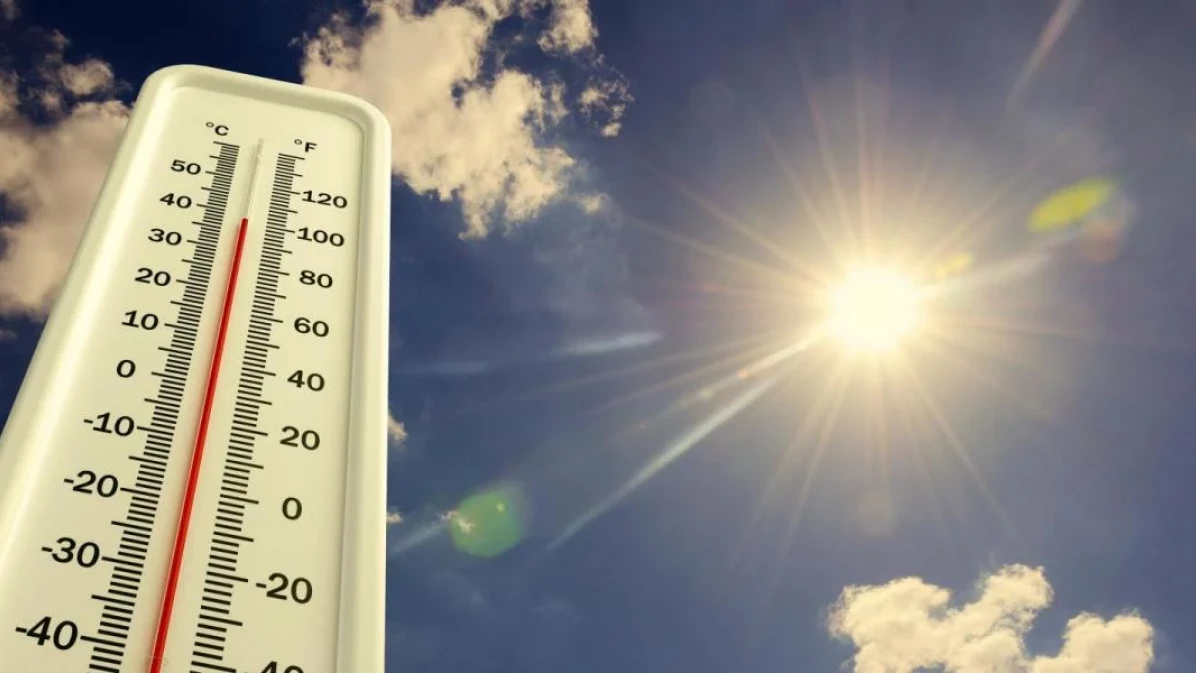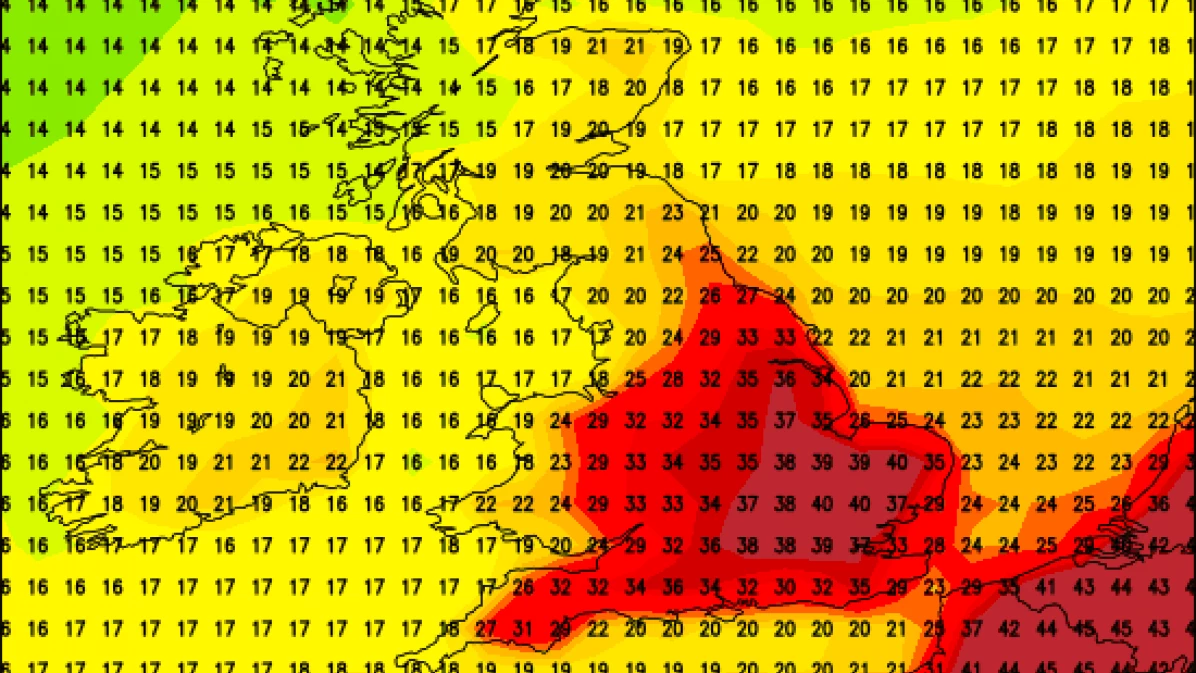Why everyone must take seriously new extreme temperatures
The highest ever recorded temperatures across much of Europe in July confirm that the scientific warnings were right and worse looms. So none of us have a choice. We must change rapidly how we live.

Greater London highlighted why warnings were so intense. How must everyone adjust?
Bob Ward is Deputy Chair of the London Climate Change Partnership. In this interview with BBC London News on 19 July he urged everyone who lives and work in Greater London to understand why they must adapt quickly their lives. Or else…
Bob Ward:
I think I’m even shocked that we’ve got to that level already. In 2017 we knew that it was getting warmer. These heat wave periods are becoming more intense and more frequent. But we’re just not adapting quickly enough. We’ve seen that the city’s not coped with it very well. The infrastructure has been struggling.
London is more affected by the heat because we have a lot of dark, man made surfaces that tend to absorb the sun’s energy instead of reflecting it. So it’s usually several degrees warmer than the countryside around it.
We’ve got to get people in homes that aren’t prone to overheating. Quite often indoors, many people have got home to the several degrees warmer than outside, it’s actually more dangerous for them to be inside than outside. So we need our buildings retrofitted. We’ve got to stop building things that are prone to overheating. We have to build for today and tomorrow’s climate, not the climate of yesterday.
Worse to come

I’m afraid it’s going to get worse for at least the next 30 years. Because this is driven by climate change and will only stop when we get to Net Zero emissions around the world. And the earliest that’s going to be is 2050. So we have no choice. We have got to adapt the capital to these effects, and also the other impacts of climate change.
We’re not doing enough because it clearly has been a problem around the capital city. I think we’re just not used to the idea that we are a hot country now during the summer. We’re not a cold country. We still think of these hot periods as opportunities to go to the beach and eat ice cream, when actually these are deadly extreme weather events. So we’ve got to adapt not just our homes, but start behaving in a way that protects ourselves.
Question: So what do you say to people who perhaps say, “Look, you know, we’ve had hot summers before. Okay, we haven’t seen temperatures quite as record breaking as these and you know, we had that summer in 76”. What do you say to those people?
Bob Ward: I say to those people, we’ve got hundreds of people who died every summer during heatwave conditions around the country, including in London. The economy takes a massive hit. We’re not nearly as productive in the heat and our infrastructure breaks down. They think that’s successful. If they think that’s acceptable, then I don’t know what planet they’re on, because it’s certainly not planet Earth, whereas warming, and we’ve got to adapt to deal with these impacts.
The immediate challenge – now!
Question: What can be done in the short term?
Bob Ward: The most important thing is we’ve got to start getting used to shading out the sunlight during the middle of the day from buildings. That means putting shutters and blinds on windows, keeping windows shut during the middle of day. We’ve got to learn from countries that are already warm. That’s how they deal with it.
We’ve also got to start adapting our infrastructure so it doesn’t break down the minute that we get hot temperatures, everything expands in the heat. And we just got to make that much more resilient. Because as you say, people won’t want to come to a city that breaks down every time it gets hot, particularly as this hot weather is going to become more frequent and more intense.
Question: And we’ve seen how hundreds of firefighters - a major incident declared by London fire brigade because of those multiple fires right across the capital.
New fire risks
Bob Ward: That’s a shocking new addition to the catalogue of disaster that we get in this hot weather. It’s what we see in places like Portugal and Spain and France. We don’t think of it as being a real risk here. But now wildfire is also a risk that Britain and London have to start coping with as well.
Question: Now as somebody who is following this, who knew that we would get to this point: you’ve said yourself you were shocked that it’s tipped over 40 degrees.
Bob Ward: What worries me is that we only start paying attention to this a couple of days in advance. You can’t cope with this hot weather just by preparing a couple of days in advance.
Lack of forward thinking
You’ve got to start adapting the city throughout the year so that when it does get to summer, you already know what to do. It’s good that we’ve been protecting some of the most vulnerable people, but we really need to really get our skates on and adapt our buildings.
I think the Mayor of London does recognise that this is important. But there has to be much closer work between local government and central government because building regulations are an important part of it. The mayor has recommended ways of constructing homes to keep them cool. But they’re not yet being embedded in the national regulations.
So we’re still building things that are going to overheat in the summer and that’s just unacceptable.
